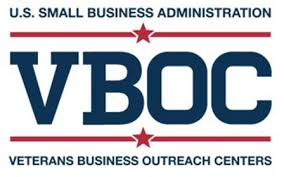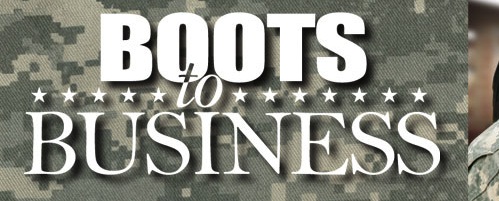SBA Head Hits the Road to Spread the Word

By Debbie Gregory.
Beginning in boot camp, servicemembers learn how to navigate unknown terrain and make things happen with limited time and resources. The transition from military service to entrepreneur is a path that many veterans take. In fact, nearly 10 percent of U.S. small businesses (approximately 2.4 million) are veteran-owned and employ about 5.8 million individuals.
Veteran-owned small businesses contribute approximately $1.4 trillion to the nation’s total sales/receipts per year. But military and veteran entrepreneurs face many of the same challenges as their civilian counterparts run into: funding, financial management, regulation and compliance, and marketing strategy.
Linda McMahon, the Administrator of the Small Business Administration (SBA), is a rock star who is currently on the Ignite Tour. No, it’s not a musical event, but rather a spreading of awareness of the SBA’s programs and services that assist veteran entrepreneurs.
One of McMahon’s missions is letting veterans and active-duty servicemembers know that aside from loans, the SBA offers a variety of mentoring and network opportunities, with more than 20 specialized veteran outreach centers and a numerous training programs.
At the veteran outreach centers, veterans can access business plan workshops, concept assessments, mentorship, and training.
Aptly named Boots to Business, one SBA program is part of the Department of Defense’s Transition Assistance Program (TAP) and is offered at participating military installations and online. The program works with veterans (and their spouses) as they prepare to leave the military and transition into the private workforce. Last year alone, about 17,000 people went through the program
As the only go-to resource and voice for small businesses backed by the strength of the federal government, the SBA empowers entrepreneurs and small business owners with the resources and support they need to start and grow their businesses. For more information the SBA’s veteran programs, go to www.sba.gov.











